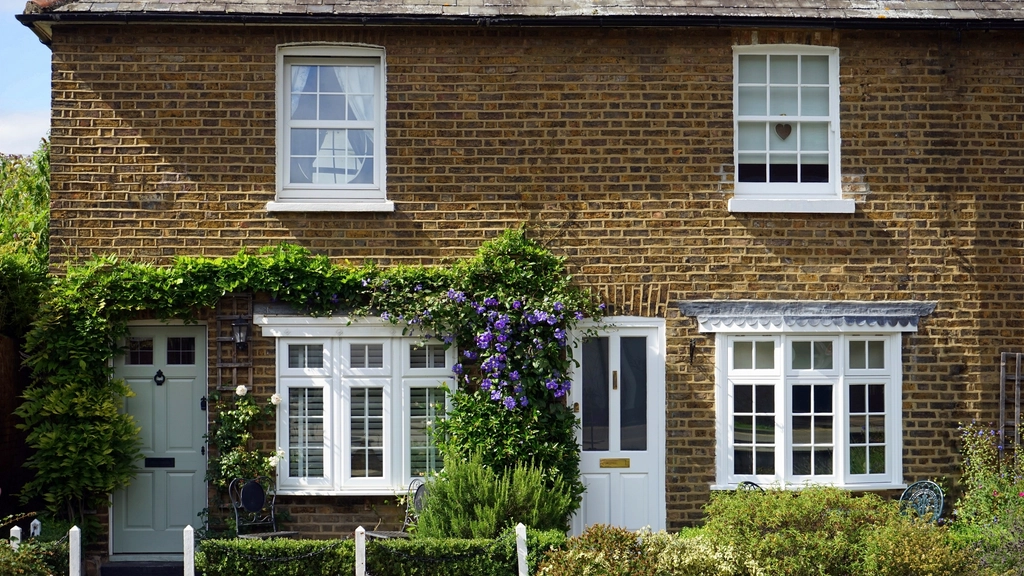How Much Money Do I Need to Put Down?
One of the most common questions Toronto homebuyers ask is: “How much downpayment do I need to buy a house in Toronto?” And the answer? Well, it depends. Your down payment hinges on the price of the home you’re eyeing—and in Toronto, where prices regularly push past $1 million, the amount required can be significantly higher than the national minimums.
Let’s break it down so you can better understand what you’ll need to save.
Minimum Down Payment Rules For Buying in Toronto
Here’s how the Toronto (and Canadian) down payment structure works:
- 5% on the first $500,000 of a home’s purchase price
- 10% on the portion from $500,001 to $1,500,000
- 20% for homes priced over $1.5 million (and no CMHC insurance allowed)
As of 2024, the government increased the insured mortgage limit to $1.5 million—up from the previous $1 million cap—giving buyers in expensive markets like Toronto more breathing room with lower down payment thresholds.
What Does That Mean for Toronto Buyers?
The average home price in Toronto hovers around $1.1 million. That puts many buyers in the zone where they’ll need to put down at least $80,000 to $100,000 (a mix of 5% and 10%).
But if you’re buying above the $1.5 million mark, it’s 20% minimum—meaning a $300,000 down payment on a $1.5M home. That’s a steep climb for most buyers, especially first-timers. That’s why we often advise clients to get pre-approved early and understand what their budget truly allows.
CMHC Insurance: When It Applies and What It Costs
If your down payment is less than 20%, your mortgage must be insured through the Canada Mortgage and Housing Corporation (CMHC) or similar providers. This insurance protects the lender—not you—but is required to secure your mortgage.
Here’s what it typically costs:
- 4.00% of your loan if you’re putting just 5% down
- 3.10% if you’re putting 10%
- 2.80% if you’re putting 15%
You’ll also pay Ontario provincial sales tax on the premium (not added to the mortgage). You can use a CMHC calculator to estimate your costs.
Common Questions from Toronto Buyers
These are the questions that come up most often during buyer consults:
“Can I use gifted money?” Yes. You’ll need a signed letter confirming the funds are a gift and not repayable.
“I’m self-employed—does that change things?” Lenders will want to see at least two years of business income. You might face stricter scrutiny, but it’s not a deal-breaker.
“Are there any programs to help me?” Yes! And we’ll cover them next.
Down Payment Assistance Programs
If saving for a down payment feels out of reach, you’re not alone—and fortunately, there are programs specifically designed to help Toronto buyers get into the market:
- First-Time Home Buyer Incentive (FTHBI): This shared equity program lets the federal government contribute 5%–10% of your purchase price. You repay the same percentage later, based on your home’s future value.
- Home Buyers’ Plan (HBP): Withdraw up to $35,000 from your RRSP ($70,000 as a couple) tax-free to buy your first home. You’ll have 15 years to pay it back.
- First Home Savings Account (FHSA): A new account that allows you to save up to $8,000/year ($40,000 lifetime) tax-free. Contributions are tax-deductible, and withdrawals for a qualifying home purchase are also tax-free.
- Land Transfer Tax Rebates: First-time buyers can claim a rebate of up to $4,000 from Ontario’s LTT and up to $4,475 from Toronto’s municipal LTT—for a potential $8,475 in savings.
These programs can shave thousands off your upfront costs and make homeownership far more attainable. Each has its own fine print, so it’s best to chat with a mortgage specialist or real estate professional to see which ones you qualify for.
Other Cost Considerations Beyond the Down Payment
Your down payment isn’t the only cost you’ll need to budget for. When buying a home in Toronto, a handful of additional expenses can add up quickly:
- Legal Fees: Typically range from $1,500 to $2,500 depending on your lawyer and the complexity of the transaction. This covers title searches, document review, registration, and disbursements.
- Land Transfer Tax (LTT): Ontario and Toronto both charge LTT. Use a land transfer tax calculator to estimate your exact amount.
- Home Inspection: A professional inspection usually costs $400 to $600 and is worth every penny for peace of mind.
- Appraisal Fee: If required by your lender, expect to pay about $300 to $500.
- Title Insurance: Often recommended and sometimes mandatory—costs roughly $250 to $500.
- Moving Costs: Whether it’s a DIY truck rental or a full-service move, budget at least $500 to $2,000.
- Adjustments and Prepaid Costs: These include utilities, property taxes, and condo fees that the seller may have prepaid. You’ll need to reimburse them for your share at closing.
Having a well-padded buffer—say 1.5% to 4% of your home’s purchase price—can help cover these expenses without stress.
Final Thoughts — Planning Your Path to Homeownership
In a city like Toronto, where real estate prices can feel overwhelming, planning ahead is your best ally. Know the numbers. Use the tools. And contact us to help build a strategy that works for your budget and timeline.
Need help estimating your down payment and closing costs? Let’s talk. A smart plan today could be the key to owning tomorrow.





